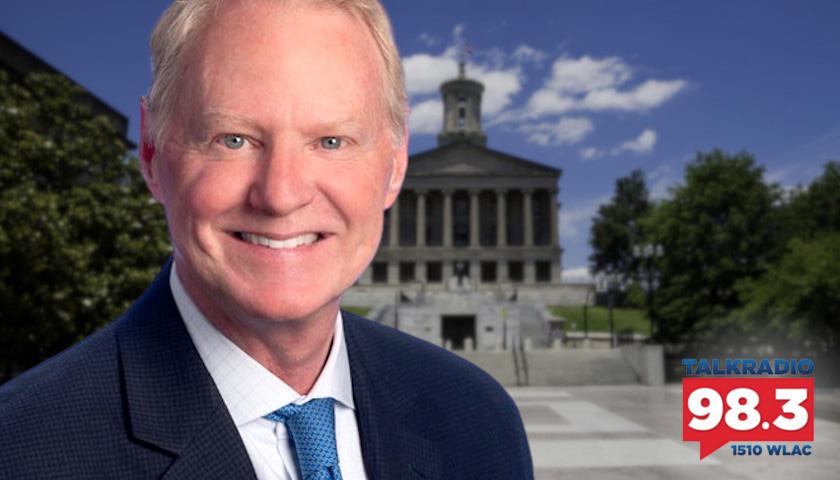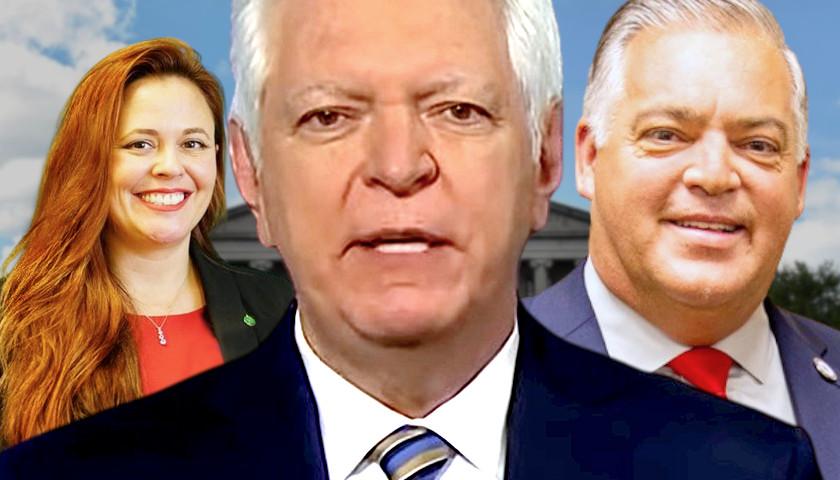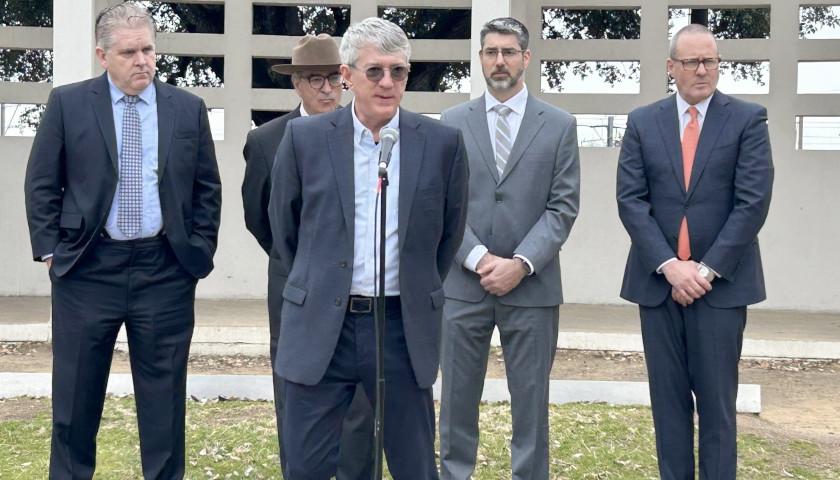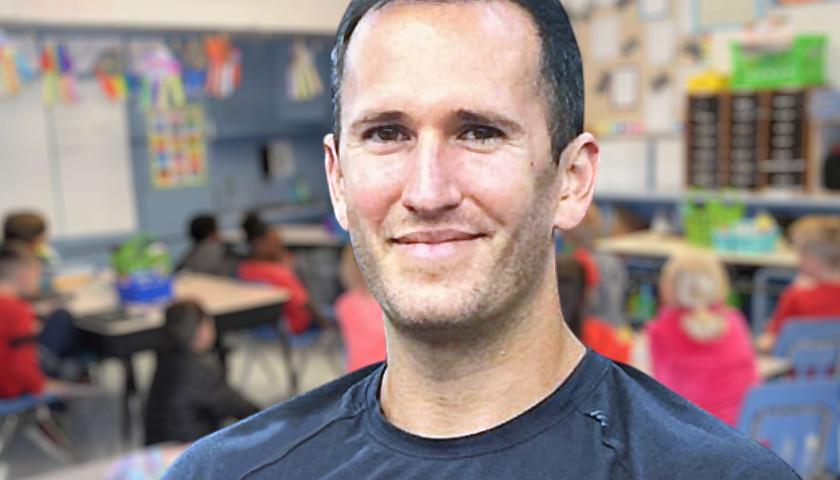Live from Music Row, Tuesday morning on The Tennessee Star Report with Michael Patrick Leahy – broadcast on Nashville’s Talk Radio 98.3 and 1510 WLAC weekdays from 5:00 a.m. to 8:00 a.m. – host Leahy welcomed Tennessee’s commissioner of transportation, Butch Eley in studio to discuss how the state researched the option to create choice lanes and where it’s been proven successful.
Leahy: I am delighted, capital D, delighted to welcome my very good friend Butch Eley, the commissioner of transportation here in Tennessee, to our studios. Butch, thanks so much for coming in today.
Eley: Hey, it’s great to be here, Michael. I know that your listeners know you as a great host, but you and I go back a long way. And for you listeners out there, you should also know that he’s a great professor because I heard you say earlier, 25 years. I think it’s been a little longer than that.
Leahy: I think it has been. It’s almost 30, maybe.
Eley: I think it’s been a little longer than that. But, you know, you were my professor at Belmont in entrepreneurship.
Leahy: Yes. And you did a study, wasn’t it, about public or private companies providing services to state governments, and you turned that into a very successful company.
Eley: Yes. I would say your remarks a minute ago were a little humble in that you have had a lot more influence over a lot more students through your time of teaching. That really made a difference and certainly did in my life in giving me the encouragement to do what I did and leave a job that I had to go start all over and do something.
Leahy: So you’re going to blame me for starting all over? (Laughter)
Eley: No, it was great.
Leahy: Let’s just add because we do not want to be in the land of embellishing resumes here. Because I was an adjunct professor at Belmont. When you say adjunct professor somewhere, that basically means you’re not really a professor. You’re just you’re teaching a course. That’s it, basically. It’s a part-time thing. It was a lot of fun. And I remember it was a great class that you were part of.
Eley: It was.
Leahy: And I recall that and what a great student you were. And I think it would be fair to say that the student has far surpassed the teacher because you, sir, are the deputy governor of the state and the commissioner of transportation. Of course, we went to church together.
Our families knew each other. And so I’ve always been a big admirer of what you’re doing. Let’s talk a little bit about the infrastructure plan. You’re responsible for it. Before I was an adjunct professor at Belmont, I was actually, wait for it, a liberal Democrat, and I was just kind of transitioning back in 1984, living in Dallas, running a computer retailer there for a big company, and a professor of economics. John Cain, a specialist in transportation, came to Dallas, and he was an advisor to the Dallas Area Rapid Transit about how they should handle their growth.
Of course, I was a left-wing liberal at the time. I hate to say it, but I was friendly with this guy. We had lunch frequently while he was there. And I would say, well, what are you going to put mass transit in when are you go put mass transit in? And he looked at me like I was a complete idiot, which I think I was on that issue.
He said, Mike, let me explain something to you. Subways work in highly dense areas like New York City. Dallas is not like that. And he laid out a plan that includes basically now a version of choice lanes, and it’s been very successful in Dallas. Tell us about the choice lane plan. I guess you went down to Dallas there to look at it.
Eley: Thank you. Yes, the governor did as well. We’ve both been down there. At the beginning of this process, he asked me to kind of scan the country and say, what have other states that have already been where we’re headed? What have they done? What lessons are there to be learned from other states that have already been where we’re headed?
And you’ve probably heard me say we are in Tennessee; I believe, at a very critical juncture when it comes to transportation. I think it’s imperative that we do something. And so when we went down and looked at what they are doing in Texas, and if you think about it, our lifestyles, our quality of life, our philosophies are pretty similar to Texans.
And so when I and the governor looked at what they did and how they have brought these choice lanes along to where they are, in addition to the old interstates, there are new lanes. And people are literally given a choice each and every day whether they want to get in that lane and pay a user fee or not.
They can stay in the regular lanes all they want to. They can make that decision if they need to get to one of their child’s soccer games or if they need to get another stop made on their job in the day. They can choose to get in that. And so it’s something that people are choosing to do and are very favorable toward doing it in Texas.
Leahy: I will tell you, driving in from the Leahy manse in Spring Hill- Thompsons Station at 4:15 am in the morning, there’s no problem. (Eley chuckles) But if I’m going back during rush hour, I’m choosing fast. I’m paying for it. Because for me, time is what matters.
Eley: That’s what they have learned, time does matter.
Listen to today’s show highlights, including this interview:
– – –
Tune in weekdays from 5:00 – 8:00 a.m. to The Tennessee Star Report with Michael Patrick Leahy on Talk Radio 98.3 FM WLAC 1510. Listen online at iHeart Radio.




